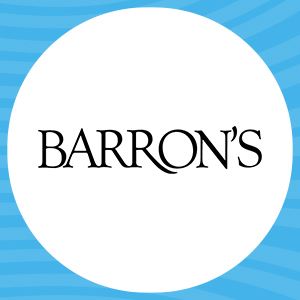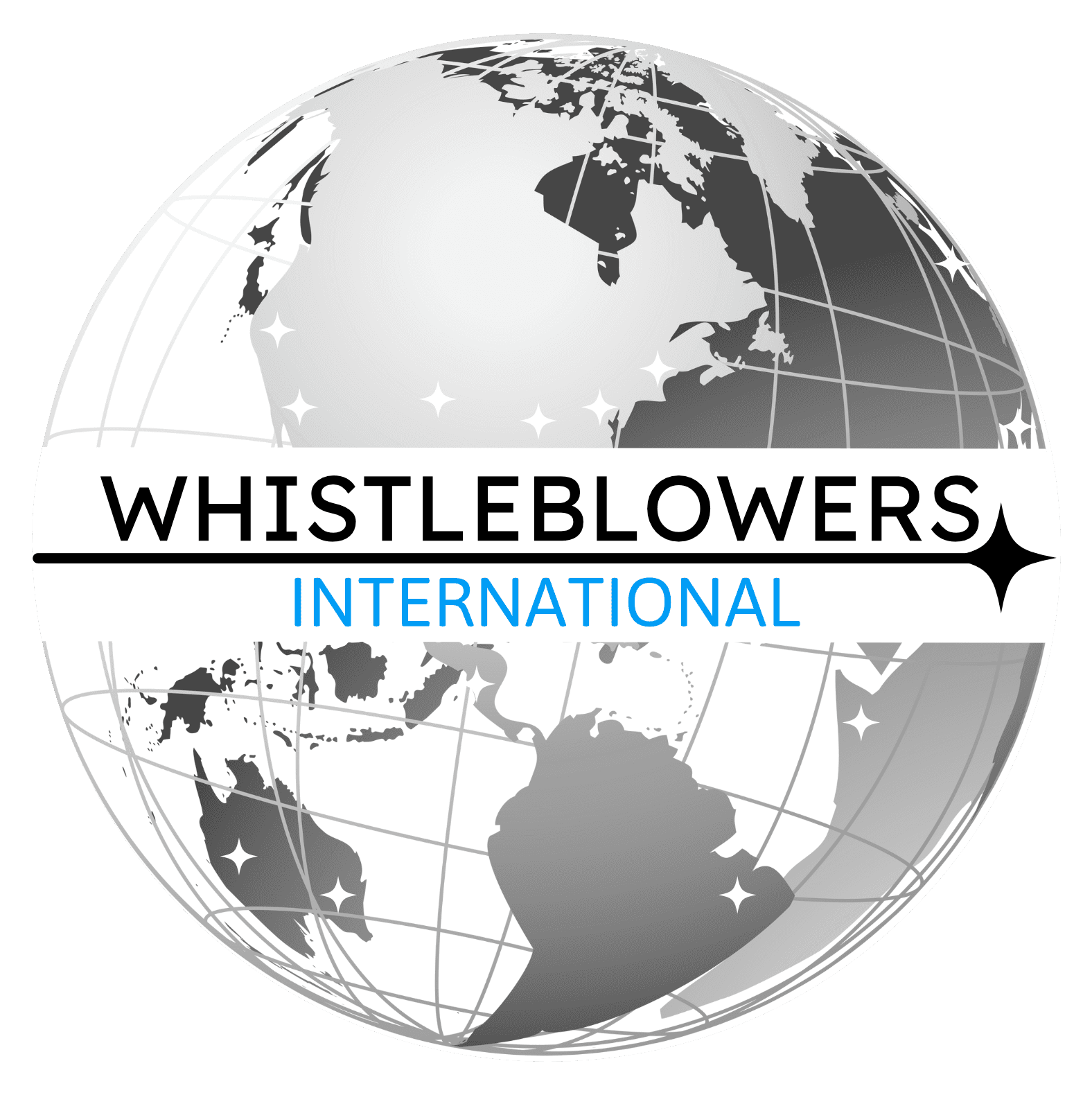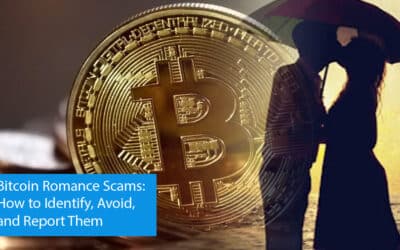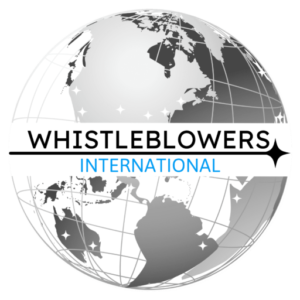PHARMACEUTICAL FRAUD
PHARMACEUTICAL FRAUD
Whistleblowers have uncovered hundreds of frauds between pharmacies, pharmaceutical companies, and Pharmacy Benefit Managers (PBM) that cost billions of dollars to the healthcare system. Thanks to their efforts in exposing these wide-scale schemes, the federal government recovered the three largest False Claims Act civil settlements ever, each one of them worth $1 billion or more. The pharmaceutical industry is, in fact, among the wealthiest and most influential sectors in the United States and globally, with annual sales expected to pass $1.3 trillion by 2018.
WHAT IS A PHARMACEUTICAL FRAUD?
Any practice, whether in marketing, producing or testing a drug or medical device that results in a federal program paying more for a drug may qualify as pharmaceutical fraud. Common fraud schemes include promoting drugs in a way that encourages doctors to prescribe medication in ways that are not FDA approved (off-label marketing), manufacturing and selling defective or ineffective drugs and devices, and manipulating the price Medicare and Medicaid pay for a drug.
When drugmakers’ sales representatives tell a doctor that a prescription drug that has been approved, for example, to treat cardiovascular conditions can be used to treat migraines, it is then marketed as an off-label. Some large drug companies also provided the Food and Drug Administration (FDA) misleading or false information about their medications’ safety, altering data obtained during clinical research trials. In other instances instead, the Big Pharma companies offered physicians and pharmacists various incentives to prescribe their branded medications. Those kickbacks included free cruises or trips, tickets for the spa, and expensive dinners worth up to $10,000 — although they deceitfully hid those practices as “marketing education,” it is usually just bribery. Other types of unlawful practices include providing misleading information about drugs (Continuing Medical Education Fraud), violating manufacturing standards (Current Good Manufacturing Practice violations), or charging federal healthcare programs for more expensive brand-name medications although the patient actually received cheaper generic ones (billing for brand).
WHAT ARE THE CONSEQUENCES OF PHARMACEUTICAL FRAUD?
Patients rely on their doctors to make unbiased, informed decisions when deciding which medications to prescribe. Similarly, doctors themselves rely on drug manufacturers to provide them with accurate information about the drugs they’re prescribing. The off-label use of a medicine can create serious hidden dangers to the patient’s health since its safety and effectiveness for that indication have never been properly tested by the FDA. Companies that illegally promote off‐label uses of their medications, pay kickbacks to doctors and hospitals, or commit other types of medical fraud, endanger millions of Americans that rely on the healthcare system.
Pharmaceutical Benefit Managers (PBMs) were to assist in reducing the costs of drugs for their clients — private insurance companies, Medicaid and Medicare. PBM’s earn billions of dollars for their services since pharmacies are responsible for dispensing medication to patients, but their close relationship with pharmaceutical and insurance companies has led them to be involved in many fraudulent schemes. Over 200 million Americans rely on pharmaceutical companies to provide them with safe and effective medicines. As a result, pharmaceutical fraud is a crime so pervasive that only the efforts of honest citizens who blew the whistle ensured that the magnitude of these schemes was kept under reasonable levels.
WHY SHOULD YOU CHOOSE US TO FIGHT AGAINST ILLEGAL SCHEMES?
Some largest False Claims Act settlements of all time began as whistleblower cases where individuals reported that a pharmaceutical company was illegally marketing drugs off-label. We already fought many such battles and brought to justice several evil corporations who unscrupulously defrauded the system. Here are some examples:
- In 2013 Johnson & Johnson paid a government fine of $2.2. billion to resolve criminal and civil charges pertaining to off‐label marketing and providing kickbacks to hospitals and doctors.
- GlaxoSmithKline paid $3 billion to resolve a host of civil and criminal charges that included misrepresentation of safety concerns regarding the medication Avandia and false price reporting to Medicare. This qui tam case resulted in a $150 million reward split among four whistleblowers.
- Cephalon settled allegations that it knowingly promoted the off-label sale and use of 3 drugs — Actiq, Gabitril, and Provigil. Citizens who blew the whistle received approximately $46.5 million as a reward.
- The whistleblowers in the case received $7.2 million for helping the government uncover allegations that Omnicare substituted different versions of prescribed drugs, such as tablets for capsules, without any legitimate medical reason only to increase the cost and profit.
TYPES OF PHARMACEUTICAL FRAUD
- Providing kickbacks
- Off-label marketing
- Current Good Manufacturing Practice (CGMP) violations
- Billing for Brand
- Best Price Fraud
- Medicaid Price Reporting Fraud
- Continuing Medical Education Fraud
- Manufactured Compound Drugs Fraud
DO YOU HAVE A VALID CLAIM?
If you witnessed any widespread suspicious activity within your workplace, you might have a chance of becoming a whistleblower by reporting an ongoing fraudulent scheme. However, to increase your chances of success, you must be sure to back up your claim with substantial evidence or privileged information.

WE CAN HELP YOU REPORT A PHARMACEUTICAL FRAUD
Becoming a Whistleblower helps ensure that drugs are only marketed for the uses for which they were approved. Off-label marketing is profiteering at the expense of patient safety and is a despicable business practice. All kind of schemes that include providing illegal kickbacks to insurance companies, switching and shorting prescriptions for improper reasons cause a waste of resources that a healthcare system in crisis cannot afford. All forms of pharmaceutical fraud are prosecuted under the False Claims Act. The Department of Justice regularly relies on individual whistleblowers to come forward and help root out fraud and corruption. In return, the government will provide you protection and substantial monetary rewards.
Help us correct these unacceptable behaviors — blowing the whistle is an honorable way of doing your part. Contact us now by filling out a form or calling toll-free at .
Contact Us Today
The information submitted will be submitted to the law firm of Piacentile & Associates LLP d/b/a Whistleblowers International. This communication does not create an attorney-client relationship and is submitted only for the purpose of evaluating your claim to see if this is something we are able to help you with. By contacting us, you certify that you are a potential client making a bona fide inquiry about obtaining legal services to address a potential whistleblowing legal claim. Past results do not guarantee future outcomes. While this submission does not create an attorney-client relationship, all information submitted will be kept strictly confidential per legal ethics rules since this information is submitted in contemplation of a potential attorney-client relationship. No attorney-client relationship is formed until it is determined after evaluation with you that this is something we can take on and a retainer agreement is signed by you and the law firm of Piacentile & Associates LLP d/b/a Whistleblowers International. Please also understand that by submitting your information, there is no guarantee that we will contact you in response, as at any given time, there are only a limited number of claims we are able to take on and pursue. If we do not contact you within 3-business days of your submission, please reach out to another whistleblower law firm if you are interested in pursuing your matter.
Our Areas of Practice
Healthcare Fraud
Securities / Derivatives Fraud
Fraud Against the Government
Tax Fraud
Cryptocurrencies Fraud
Defense Contractor Fraud
Money Laundering
Foreign Corrupt Practices Act
DR. JOE’S CASES HAVE BEEN FEATURED IN:





COMMITTED TO GLOBAL TRANSPARENCY
Unraveling the World of White Collar Crime: From Ponzi Schemes to Securities Fraud
White collar crime, a term often associated with financial fraud and sophisticated schemes, has evolved into a complex and pervasive issue in today's society. Unlike blue collar crime, which typically involves direct physical actions such as theft or assault, white...
Bitcoin Romance Scams: How to Identify, Avoid, and Report Them
1. What Are Bitcoin Romance Scams? Bitcoin romance scams occur when a scammer establishes a fake online relationship with the intent to steal cryptocurrency from the victim. These scammers typically operate on dating apps, social media platforms, or even through...
Meme Coin Scams: How to Spot and Avoid Them
Introduction: Meme coins, often inspired by internet jokes or popular culture references, have gained massive popularity in the cryptocurrency world. Coins like Dogecoin and Shiba Inu have made headlines, leading to the creation of countless other meme coins. However,...
Bitcoin Scams: How to Stay Safe and Protect Your Investments
Bitcoin and other cryptocurrencies have opened up a new world of decentralized finance, offering greater control over your wealth. However, with this new frontier comes the increased risk of scams and fraud. This guide will walk you through the various types of...
Understanding Pump-and-Dump Scams: How to Protect Yourself from Stock Market Manipulation
Pump-and-dump scams are a type of securities fraud that involve artificially inflating the price of a stock through misleading or false information, then selling off shares at the inflated price. This practice, often conducted in a rapid and coordinated manner, leaves...
Pyramid Schemes and the Importance of Whistleblowing
Understanding Pyramid Schemes and the Importance of Whistleblowing What is a Pyramid Scheme? A pyramid scheme is a deceptive business model that lures participants with promises of high returns on investments or profits primarily through recruiting others rather than...
Understanding Affinity Fraud: Protecting Yourself and Your Community
Affinity fraud is a particularly insidious type of investment scam that preys on the trust and close-knit nature of specific communities. These frauds exploit the bonds within religious, ethnic, professional, or social groups to deceive members into investing in...
Understanding Investment Fraud and How to Find the Right Lawyer
Investment fraud is an insidious and often devastating crime that preys on the trust and hopes of individuals and organizations. It involves deliberately deceiving investors by providing false or misleading information about an investment, often leading to significant...
The information on this website is for general information purposes only. Nothing on this site should be taken as legal advice for any individual case or situation.
We do not accept cases in all jurisdictions. No representation is made that the quality of the legal services to be performed is greater than the quality of legal services performed by other lawyers. Prior results do not guarantee a similar outcome. This information is not intended to create, and receipt or viewing does not constitute, an attorney-client relationship. While we will treat any information provided as privileged and confidential, you should understand that when you provide information about a potential case to us, we do not become your attorneys. We do not represent you until we have agreed to do so and a retainer has been signed by both of us. This information is not intended to create, and receipt or viewing does not constitute, an attorney-client relationship. This website may be considered attorney advertising in some states.
© 2024 All Rights Reserved.




